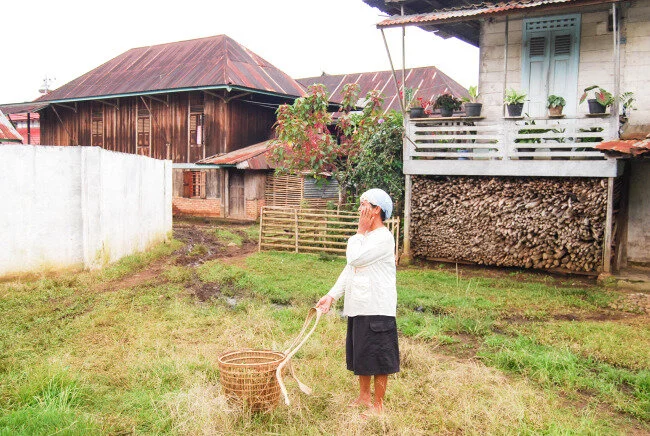As my husband and I jetted off to Portugal recently, I anticipated a trip that would be filled with Fado and gorgeous scenery, plenty of good wine, beautiful old tiles and medieval churches. We did find and luxuriate in all of these things. But it never occurred to me that Portugal would bring us closer to the heart and soul of love. We stumbled across three powerful love stories that caused me to somewhat shamefully compare these tales to my own almost-20-year marriage. Was our love as good as theirs, I wondered?
We encountered the physical remnants of the first love story at the magnificent Quinta das Lagrimas hotel in Coimbra, which is an old university town located in the middle of the country. The hotel had once been a palace, and the handsome rooms and gardens were permeated by romantic vibes. As we explored the garden, the poetic tragedy of the lovers Dom Pedro and Ines unfolded.










